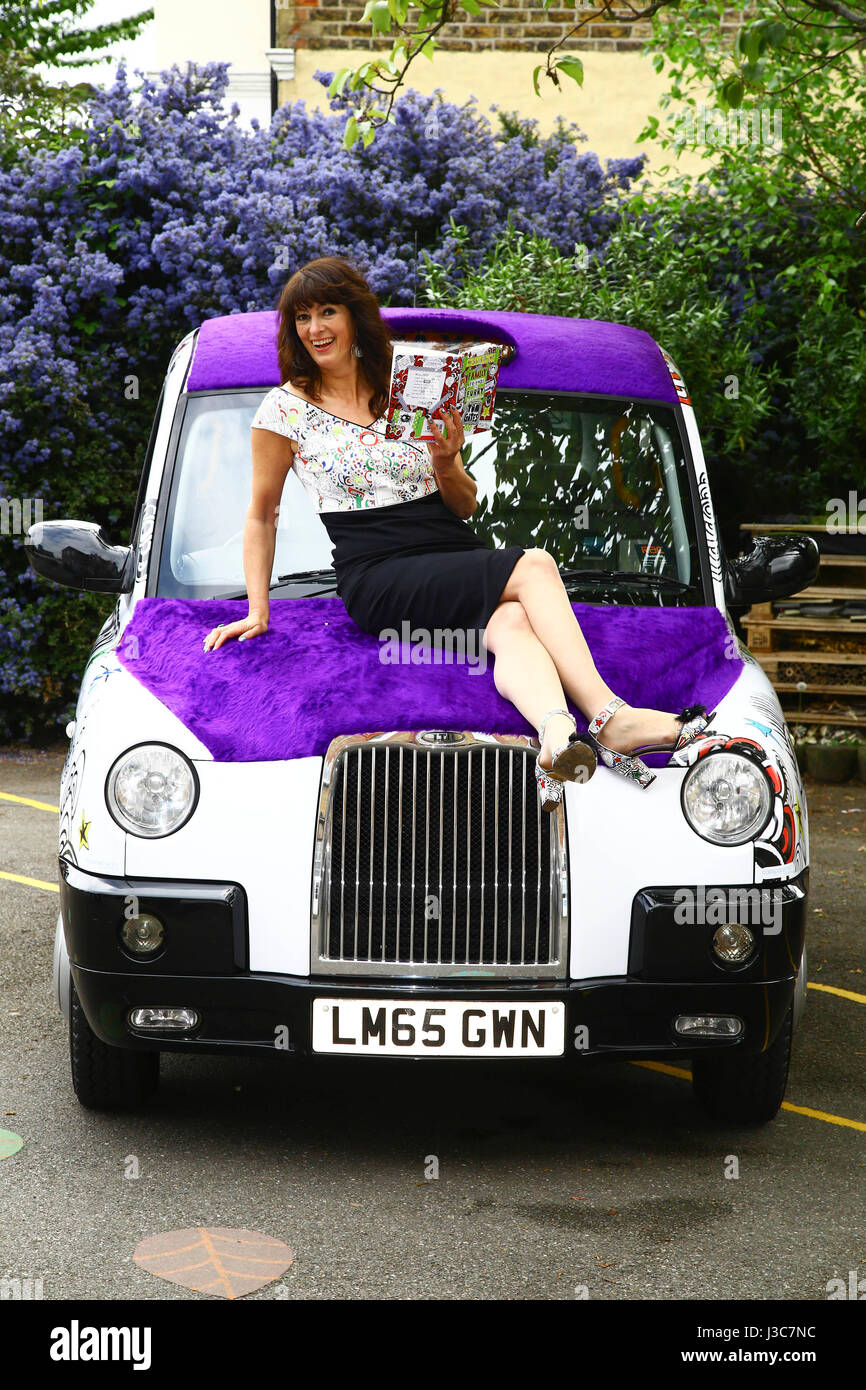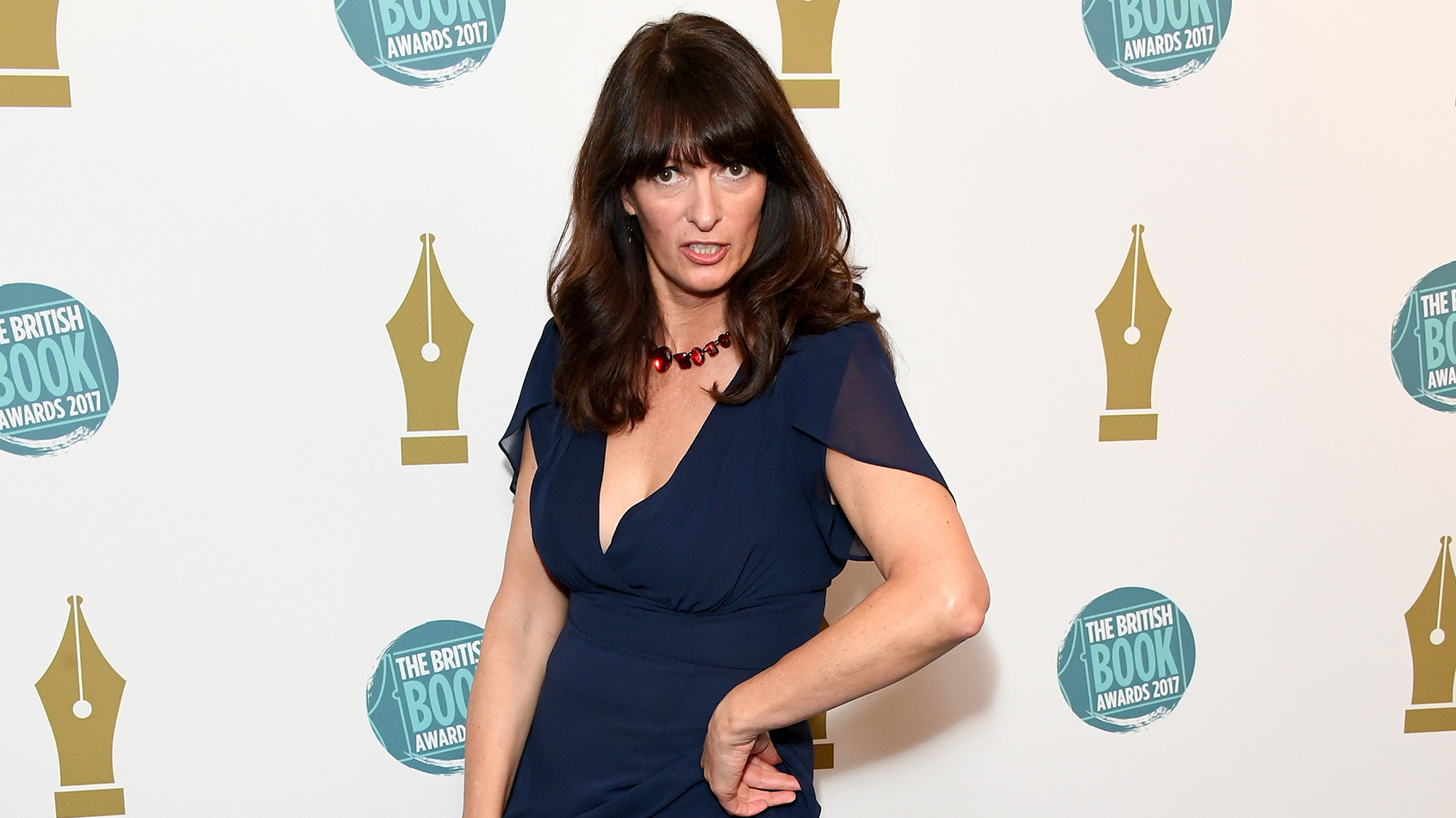
If I could remember just one, and if that one came up, my hand would shoot up. “My brain didn’t work like that and I was always one of the last to be let out if we were doing our times table. She says she can still break into a cold sweat when she recalls the humiliation of maths lessons. But I was always made to feel at school that being good at drawing or being creative was never as good as “My mum was very good at making things, and so was I. Her friends recognised her gift for drawing, but tests taken when leaving primary school limited her secondary school choices.

At school, I was very enthusiastic and always wanted to have a go, but all my creative writing was filled with red pen. “Mine wasn’t a formal diagnosis in those days, but my parents were certainly scratching their heads. The couple also have daughters, Ella, 26, and Lilly, 22. But the message behind my books is that it doesn’t have to be perfect, just have a go and don’t worry about making mistakes.”įor Liz, the daughter of a sweet salesman, this was an especially important perspective due to her dyslexia – a condition also experienced by her son Zak, 29, the eldest of her three children with record producer Mark Flannery. My drawing is not the best – I’ve got friends who are illustrators and I could never draw like them. “The way you learn is by looking at things and copying them. To promote the brand and help kids think creatively, Liz now runs workshops and roadshows to get children drawing in her easy-to-imitate style. “Visual storytelling fires up your imagination, and really great picture books work on so many levels – from the font and layout to the artwork and story itself,” she says. “I’ve met lots of creative people who loved comics when they were growing up, including Eric Carle who wrote The Very Hungry Caterpillar and former children’s laureate, Malorie Blackman.


She ardently believes that whatever makes a child turn a page is a good thing.
LIZ PICHON FULL
There is an idea that because picture books are full of drawings that they are not real books. It was intended as a compliment, but it made me sad. “I remember giving a talk in one school and being met by a teacher who laughed and said, ‘We’ve had to work really hard to wean the children off your books’.


 0 kommentar(er)
0 kommentar(er)
